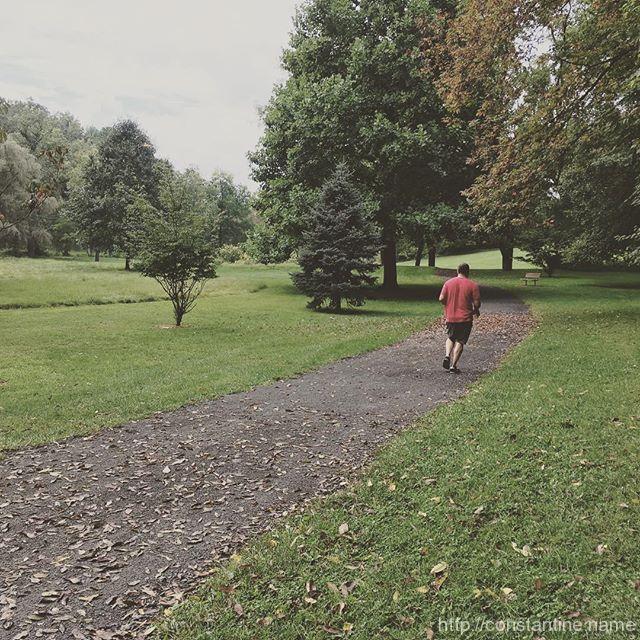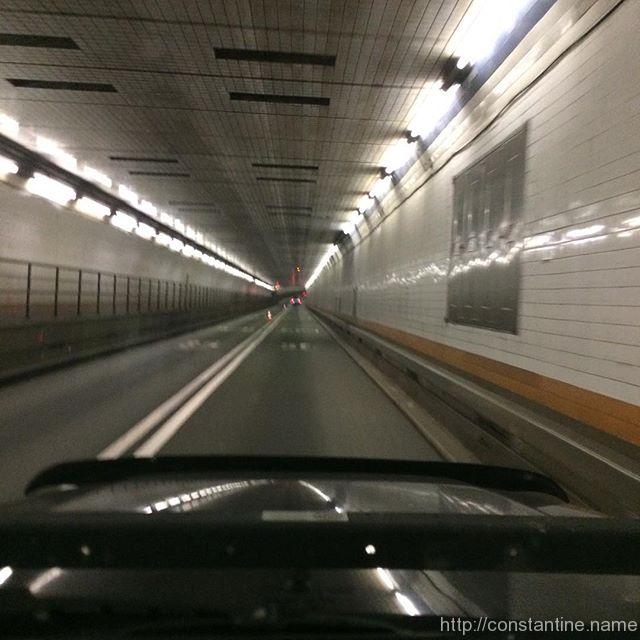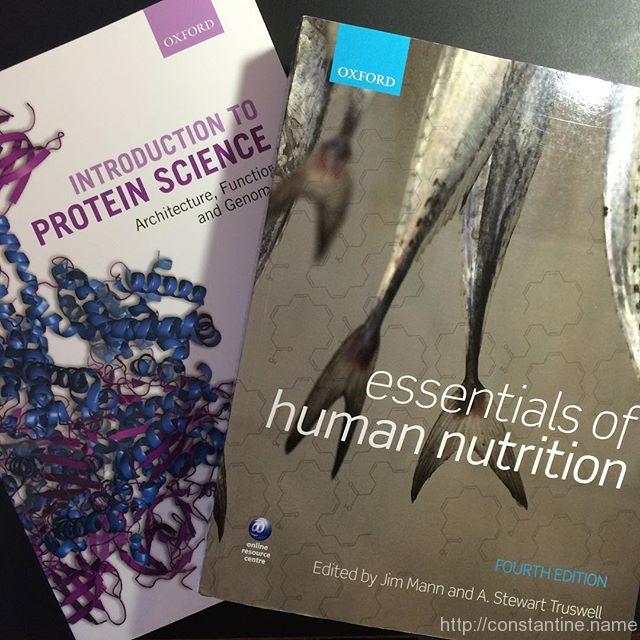The article I’m linking to below is about AI — wait don’t run away. It made me actually think about: What is the purpose of the five-paragraph essay? How does one write such a thing—what exactly am I doing when I go through the soul-sucking process of doing it?
So you don’t have to read the short, linked article… but I recommend it.
The five-paragraph essay is a mainstay of high school writing instruction, designed to teach students how to compose a simple thesis and defend it in a methodical, easily graded package. It’s literature analysis at its most basic, and most rigid, level.
~ Emma Camp, from Rethinking the 5-Paragraph Essay in the Age of AI
Back to the question in my title:
In podcasting, what is our five-paragraph essay?
The five-paragraph essay is a blunt tool, sure. But it is clearly one, important but small, piece of a large puzzle called “learning to write well.” You do it very early in “learning to write well” and then you leave it behind.
What is our five-paragraph essay?
Any one of the following could be our five-paragraph essay…
- Write a terrific, single, “hook sentence” from a podcast episode.
- Write a paragraph of 3-5 sentences from a podcast episode.
- Find at least one quotable portion from a podcast episode.
- Write a list of takeaways in a specific style and with specific formatting.
Why do I say those things? Because once I understood how to do them by hand, turning to tools like AI is not cheating. The AI does a solid B+ (ref article above) job, which I can then finish to my A-level.
ɕ





